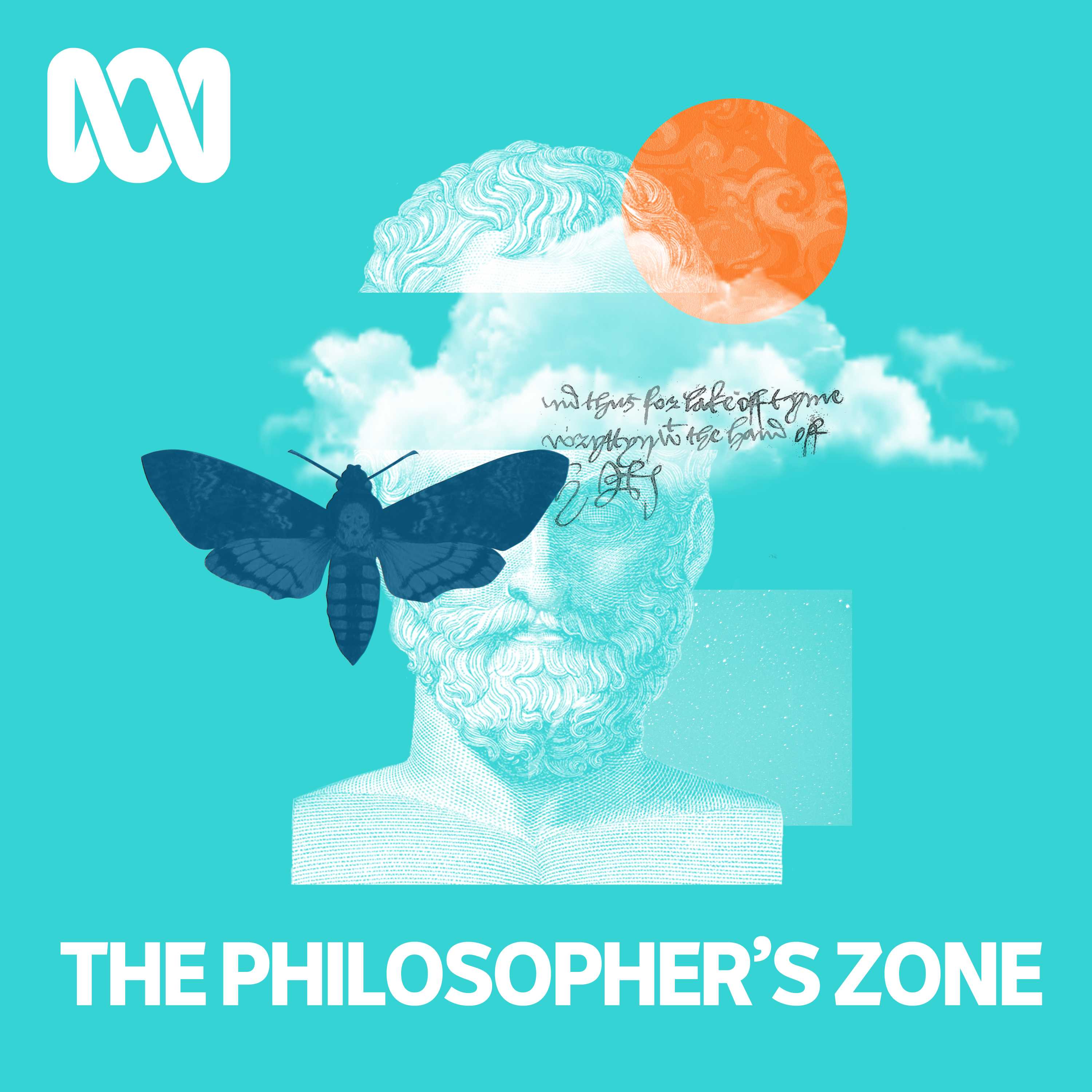

Philosopher's Zone
ABC
The simplest questions often have the most complex answers. The Philosopher's Zone is your guide through the strange thickets of logic, metaphysics and ethics.
Episodes
Mentioned books

Jun 12, 2022 • 28min
Hegel, nature and the Anthropocene
Modernity has us in a terrible bind. We know that our Western habits of growth and consumption are destroying the planet, and that we need to stop exploiting the natural world for our benefit. But at the same time, our very identity as modern humans is grounded in the notion of endless growth, self-determination and the domination of nature. The work of the 18th century German philosopher GWF Hegel provides a fascinating diagnosis of our condition. Can it also offer a cure?

Jun 5, 2022 • 28min
The phenomenology of love
There’s a venerable philosophical tradition devoted to explaining what love is, and it stretches back to the ancient Greeks. It deals with questions like “the problem of particularity” – the mystery of why, if we fall in love with someone because of their physical beauty and attractive character, we don’t then fall in love with anyone and everyone who shares these traits. What philosophy hasn’t had so much to say about is the phenomenology of love – the question of what love feels like. This week we’re getting inside the experience.

May 29, 2022 • 39min
Conspiracy theories, anti-Semitism and fun
You don’t have to be stupid to be a conspiracy theorist. Many people who buy into paranoid fantasies about stolen Presidential elections and global Satanic cabals are perfectly sane, well-educated individuals. So why do they fall for these myths? This week we consider the possibility that the attraction is primarily aesthetic, and that the experience is fun. But why the perennial focus on Jews?

May 22, 2022 • 28min
Adoption and moral obligation
There are an estimated 16.2 million documented orphans worldwide, with as many as 100 million more children living on the streets. It’s a problem of crisis proportions, which makes it perhaps strange that so many of us consider adoption as more of a last resort than a first-order obligation – to be considered only if the path to having genetically-related children is blocked. This week we’re looking at the justifications for genetic preference in families, and asking how these justifications stack up against the moral duty to adopt.

May 15, 2022 • 28min
Identity politics
Identity politics is grounded in the appeal to a stable, unified self and the authority of testimony. But this week we’re asking whether that foundation is solid, and if deconstructing it might allow for a more flexible approach to social justice.

May 8, 2022 • 28min
Beauty: aesthetic or moral ideal?
These days, beauty is a moral imperative, an ideal to live by, and one according to which we judge ourselves and others. As a result, we increasingly shape our identities around our bodies – and not just our actual bodies with their lumps and bumps, but our imaginary future bodies: thin, smooth and firm. Gradually our notion of the good life comes to be centred on physical appearance, and this causes a range of harms which until now, philosophers have not taken seriously enough.

May 1, 2022 • 28min
Rupture and hope
In a world shaken by war, pandemic and climate crisis, hope is a precious resource. It can be fragile, fleeting and hard to find. But what exactly does hope mean? It has clear Christian overtones, and a venerable theological tradition behind it. This week we're talking about the ways in which the theological informs the secular, and exploring how hope plays out in the political arena. We also hear a personal story of rupture and trauma, and a perspective on hope that accommodates the tunnel as well as the light at the end.

Apr 24, 2022 • 28min
Sex, death and chilli sauce
This week, a conversation about death, and the ways in which our reluctance to face mortality results in the creation of “immortality constructs” – comforting symbolic fictions that when challenged, can elicit a violent defensive response. In order to come to terms with death, we need to come to terms with sex – but this can involve a double bind for women. Is the age-old association of women with death and sexuality helpful or harmful? And what does this all have to do with chilli sauce?

Apr 17, 2022 • 28min
Philosophy and myth
There was once a time when mythology and philosophy got along perfectly well together. But since the Enlightenment, philosophy has come to regard myth as something of an embarrassment – and today, we often tend to view “myth” as synonymous with “falsehood”, or at least as a throwback to pre-rational, superstitious human culture. Myths are also held to be suspect in political theory, where the memory of "blood and soil" Nazi ideology is still fresh. Is there a role for myth in secular democratic politics, and in modern philosophy?

Apr 10, 2022 • 28min
The predicament of existence
Most of us agree that pain is part of life, that none of us can escape it, and that death comes for all of us in the end. And yet many of us feel that life is worth it; that the pleasure of life outweighs the suffering. Anti-natalist philosophy takes a different view. The anti-natalist believes that pain outweighs pleasure, so much so that it's morally wrong to bring a child into the world. What follows from this? Should we not only abstain from procreation but seek to stop non-human animals from doing the same? What about the innate biological drive to reproduce? And are happy people the victims of false consciousness?


